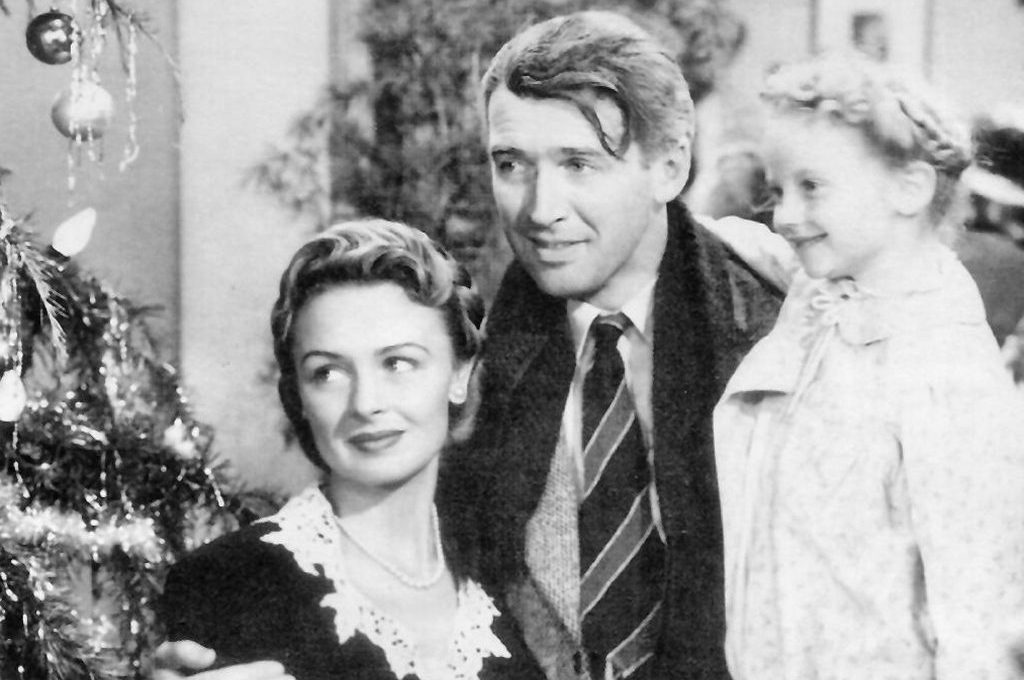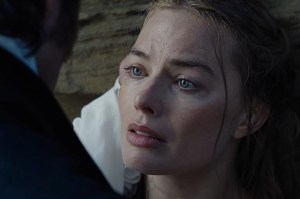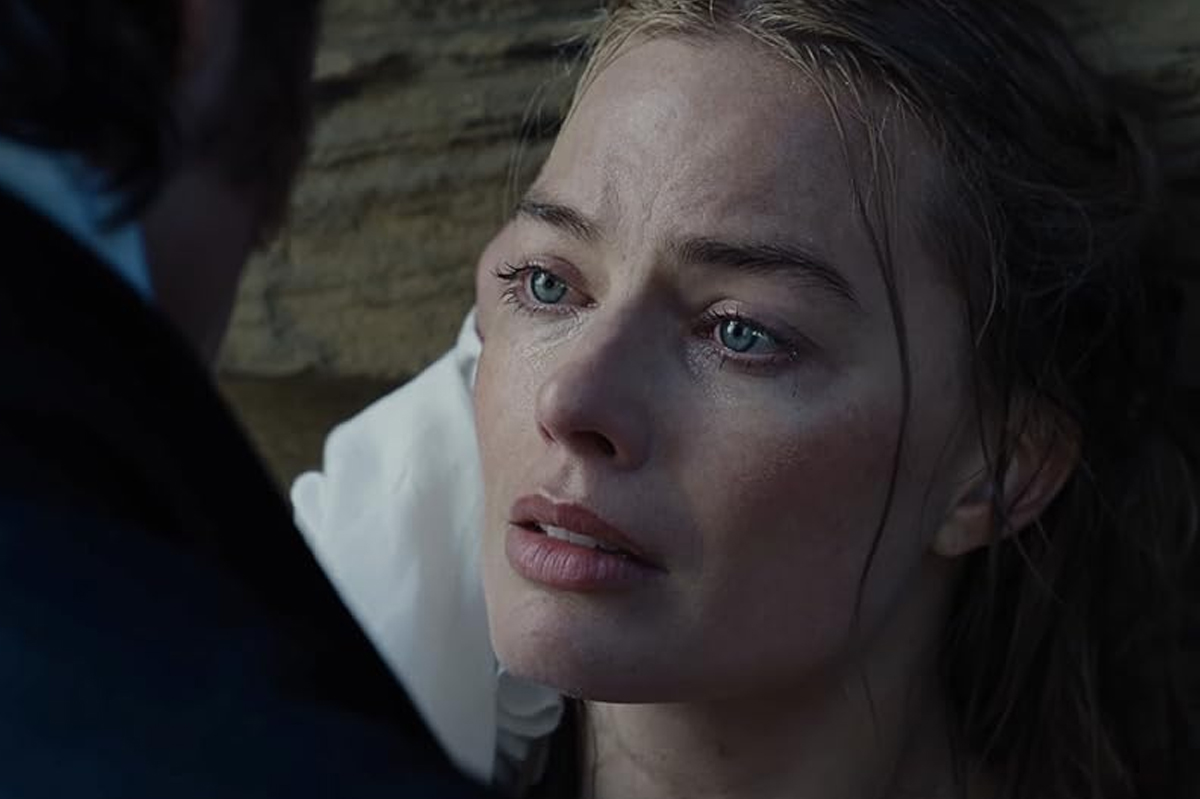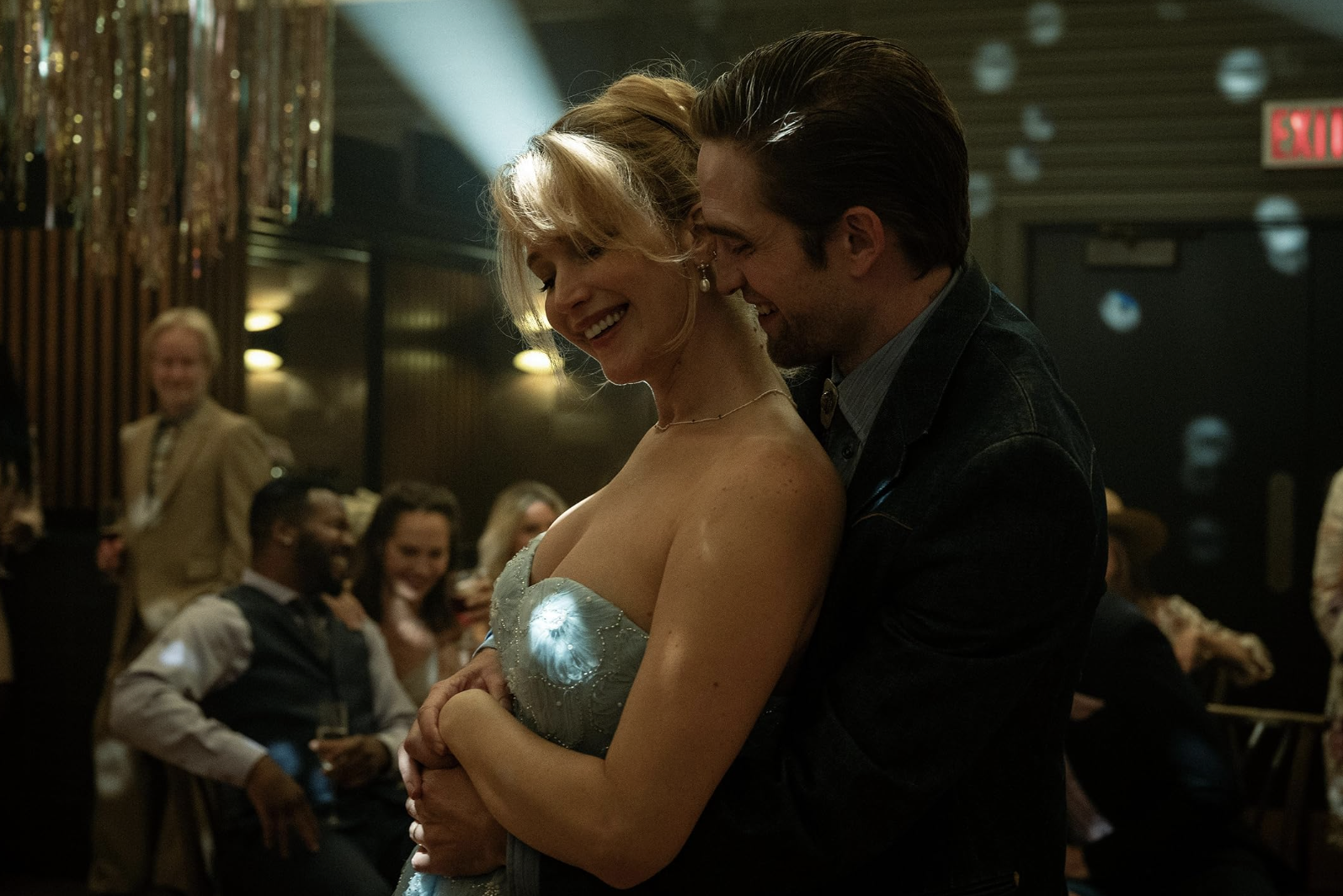The title tells it all. It’s a Wonderful Life was first released back in December 1946, in the same week that President Truman was issuing Proclamation 2714, which officially ended hostilities in World War Two, and for that matter prefiguring Donald Trump by proposing that the US buy Greenland. The movie may be seventy-eight years old, but it’s one of those timeless classics, like Casablanca or The Searchers, that actually improve with familiarity. It’s also long since woven its essential message of good cheer into the fabric of our festive season.
It’s an unusual plot for a film synonymous with feel-good family entertainment. A desperate small-town businessman named George Bailey, played by James Stewart, is about to commit suicide, whereupon a guardian angel providentially intercedes. In a plot device reminiscent of A Christmas Carol, the angel takes Bailey back in time to show him what life in the town would have been like without him. It turns out that his influence has been complex and rich, and also largely beneficial. Some nicely comic flashback scenes ensue, as well as darker passages where a drunken Bailey staggers through the snowy streets, cursing his lot in life. He has a particular adversary, too, one Henry Potter, “the richest and meanest man in the county” and a direct descendant of Ebenezer Scrooge. Goodness triumphs in the end, and Bailey goes home to be embraced by all and sundry at a rousing Christmas party, where he finds a book awaiting him under the tree inscribed, “Remember, no man is a failure who has friends.”
I recently caught up with Karolyn Grimes, the former child actress who plays George Bailey’s winsome young daughter in the movie. Life wasn’t always wonderful for her, but she has a gripping Hollywood tale to tell.
Born in Los Angeles in 1940, Karolyn was a showbusiness child. While her father worked as a supermarket manager, her mother took her blonde, curly-haired daughter on a round of casting calls. Just before her sixth birthday, Karolyn went into a room on the RKO lot one warm spring morning and met Frank Capra, the legendary director responsible for It Happened One Night and Mr. Smith Goes to Washington, as well as a series of iconic wartime documentaries. He was auditioning young hopefuls for a new film. “There were about a dozen other little girls waiting their turn to go in,” Grimes remembers, “and just as they called my name one of the mothers walked past and spilled her cup of coffee all over my best frilly dress. This being Hollywood, I always wondered if she did it on purpose.”
Rising above the mishap, Karolyn shook Capra’s hand, treated him to her broadest smile, and asked what he would like her to do. “Show me how you’d look if your pet dog had just died,” the director said. After that, he invited her to pretend it was Christmas morning and she was suddenly the happiest child in the world. “I must have done OK,” she says, “because not long afterwards we got a call to say I had the job.”
Grimes played the part of Stewart’s youngest child, Zuzu (named after a popular brand of cookies), who gets to trill the movie’s climactic line: “Look, Daddy, every time a bell rings, an angel gets its wings.” Yes, it’s utter tosh, but something about the tear welling up in Stewart’s eye as she says it still has the power to move audiences today. “It was a great ending to a great film,” Capra said, for once throwing modesty to the wind. “In fact, I thought it was the best movie anybody had ever made.”
Back in 1946, audiences didn’t agree. For many years, both the press and public were unconvinced by It’s a Wonderful Life, which failed to break even at the box office. “America was just recovering from the war, and people wanted feel-good stories about returning soldiers, not about a middle-aged man contemplating suicide,” Grimes says. For that matter, she never even saw the film until she was forty. “My mother told me it would go to my head to watch myself on screen. Pride was the big taboo in our family.”
Perhaps the movie’s latter-day popularity owes something to our modern perspective on the importance of community, and our obsession with self-love. Or perhaps it’s simpler than that, and it all comes down to a legal loophole. In 1974, at the end of its initial twenty-eight-year copyright term, the film’s producers failed to apply for a renewal — most probably due to a clerical error — and it fell into the public domain. American television networks, grateful for the free content, soon began airing it every Christmas. It was these repeated, royalty-free broadcasts that wove George Bailey and company into the fabric of everyone’s holiday season. As Frank Capra later remarked: “It’s the damnedst thing I’ve ever seen. The film has a life of its own now, and I can look at it like I had nothing to do with it.”
Karolyn Grimes appeared in a dozen or so further movies before real-life tragedy struck, and she found herself orphaned before she turned fifteen. “My parents didn’t leave a will, so there was a court hearing in LA about my custody,” she says. “My crazy aunt and uncle came out from the Midwest to take me back with them, and it was awful. I remember I asked the judge if I had a say in my own future, and his exact words were, ‘What you want is a drop in the bucket, young lady.’” Karolyn spent the rest of her childhood living in rural Missouri with a family she describes as “mean-spirited religious fanatics,” which among other things put paid to her fledgling career. She’d appeared in a total of sixteen films in eight years, and had about $7,000 (or just over $100,000 in today’s money) to show for it.
Adult life wasn’t always much better. Karolyn married young to get away from the Missouri family, had two daughters, then divorced. One of her sons with her second husband, a fellow divorcé with several children of his own, committed suicide, and then her husband succumbed to cancer. “In the last year of his life he wasn’t making good decisions because of his illness. We lost everything and then he died.” I might add that Grimes says all this with a refreshing lack of self-pity, frequently laughing at herself for being the apparent punchline of some cosmic joke about the tenuous nature of fame.
“It was only when I was in my forties that I finally came to appreciate the true message of It’s a Wonderful Life,” Karolyn says. “We’re all going to suffer at some point, and it’s how we deal with it that counts.”
Now aged eighty-four, she still travels the country acting as a roving ambassador for the film.
“It isn’t just a Christmas movie, or even a strictly Christian one,” Grimes adds. “It’s really about how we all have to face life, and how most of us come to ask a higher power to show us the way when things get really hard.”





















Leave a Reply